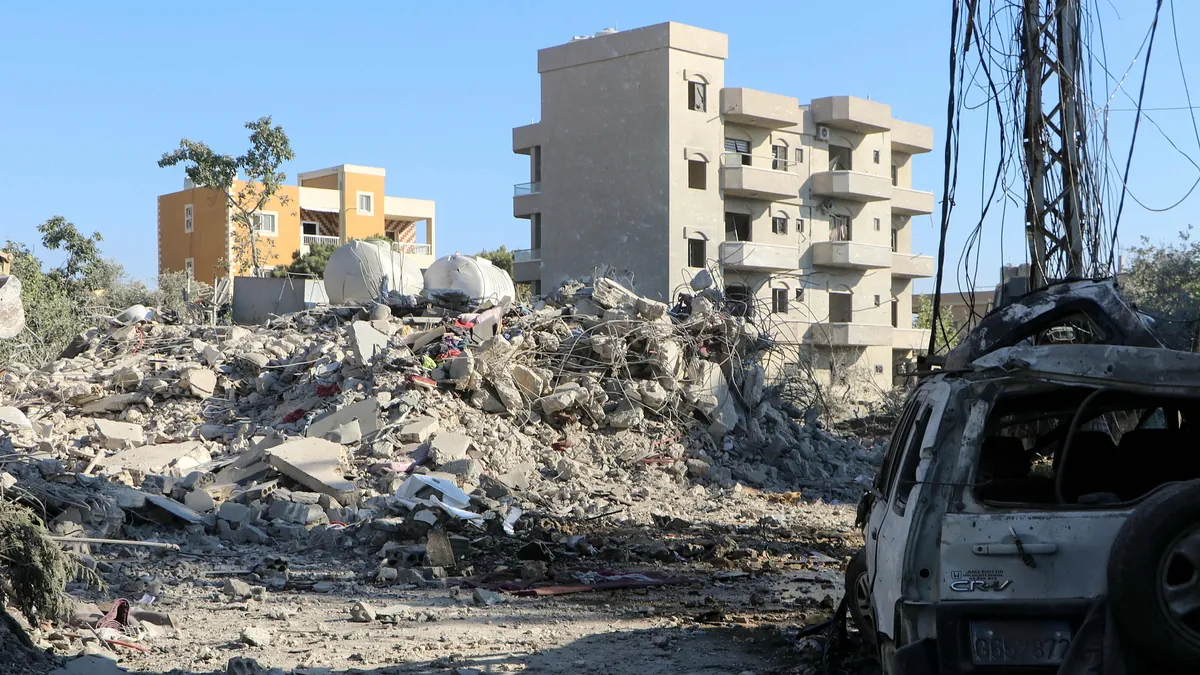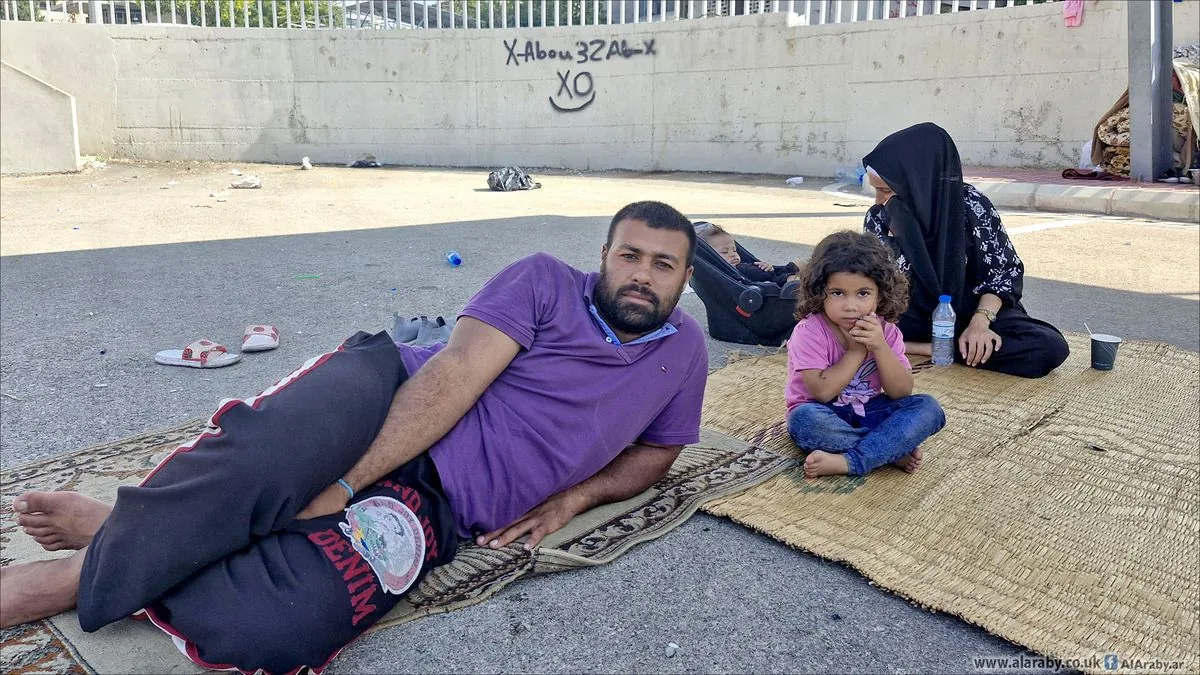Israeli Invasion Sparks Humanitarian Crisis in Southern Lebanon
Israeli airstrikes and ground invasion in southern Lebanon lead to mass displacement and casualties. Iran responds with missile attacks as regional tensions escalate.

In a significant escalation of regional tensions, Israel has launched a limited ground invasion into southern Lebanon, following devastating airstrikes that have left dozens dead and thousands displaced. The incursion, which began on October 2, 2024, aims to neutralize Hezbollah, an Iranian-backed militant group, and facilitate the return of Israeli citizens to border towns.
The conflict has roots in the October 7, 2023, attacks by Hamas on southern Israel, which prompted retaliatory actions against Gaza. Hezbollah, an ally of Hamas, has since engaged in persistent rocket fire towards Israel, leading to the evacuation of approximately 60,000 Israelis from border areas.
The situation has rapidly deteriorated, with Iran launching nearly 200 ballistic missiles at Israel in response to the invasion. This marks a significant escalation in the conflict, potentially drawing more regional powers into the fray.

The human cost of this conflict is staggering. In Ain Ed Delb, a small village in southern Lebanon, at least 50 people lost their lives and over 70 were injured in a single airstrike. The attack devastated a large apartment block, leaving rescuers to sift through rubble for days. This incident is part of a larger pattern of destruction, with more than 1,000 people killed and 6,000 injured across Lebanon in the past two weeks.
The healthcare system in Lebanon is under immense strain. Abir al-Habab, a nurse, expressed concern about the system's ability to cope with the influx of casualties. "The ground invasion will cripple our healthcare system," she stated.
Personal stories from survivors paint a harrowing picture of the conflict's impact. Eight-year-old Zahra Assi lost her mother and two brothers in the Ain Ed Delb strike, while her father remains missing. Sarah Badreddin, 37, lost both her sons and suffered severe injuries herself.
"I feel so guilty."
The conflict has led to massive displacement, with over 1 million people forced from their homes. Many have sought refuge in cities like Saida, a former tourist hub now serving as a transit center for those fleeing the violence.
Speculation surrounds the intended target of the Ain Ed Delb strike. Some residents suggest it may have been an attempt to stir sectarian tensions, while others speculate that a Hezbollah security official might have been the target. However, these theories remain unconfirmed.
As the conflict intensifies, there are growing fears that the invasion may not remain limited. The situation remains volatile, with the potential for further escalation looming large over the region.
This conflict is unfolding against the backdrop of Lebanon's complex history and diverse society. The country, home to various religious communities including Christians, Muslims, and Druze, has a unique power-sharing system based on these religious affiliations. Lebanon has faced numerous challenges in recent years, including economic difficulties, political instability, and the devastating Port of Beirut explosion in 2020.
As the international community watches closely, the hope for a peaceful resolution seems distant. The conflict threatens not only the lives of civilians but also the delicate balance of power in the region, potentially leading to long-lasting consequences for Lebanon and its neighbors.


































